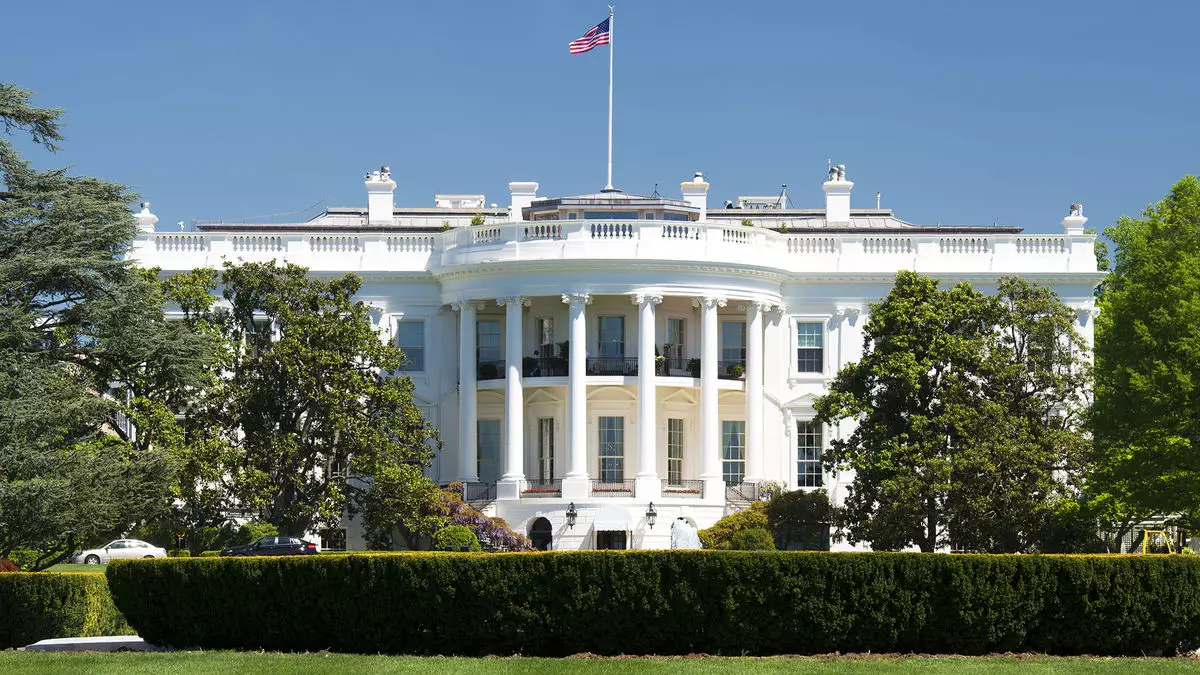The political landscape in Washington is poised for significant change as President Donald Trump embarks on his second term. As this new chapter unfolds, a wave of announcements regarding Cabinet positions, different leadership dynamics in Congress, and the potential alteration of travel policies raises questions and opportunities for the travel industry. The American Society of Travel Advisors (ASTA) stands firm in its commitment to advocate for travel advisors, as emphasized by Jessica Klement, the Society’s Vice President of Advocacy. Klement states, “Administrations change, but our priorities do not,” reiterating ASTA’s unwavering focus on the needs of travel professionals amidst the evolving political environment.
With the transition to a new administration comes the prospect of a more business-friendly approach to policy-making. Klement sees this as an opening for ASTA to present compelling arguments for its longstanding priorities, particularly those that may not have resonated in the previous administration. The need to engage with the current political milieu becomes more pressing, as understanding the nuances of policy shifts will directly impact travel advisors and their operations nationwide.
Although the political winds are shifting, several core issues remain at the forefront of ASTA’s advocacy efforts. A primary concern is the Department of Transportation (DOT) rule regarding the “merchant of record.” This rule states that the entity fulfilling the sale is responsible for providing refunds to travelers when flights are canceled or significantly altered. Klement points out that, while travel agencies often do not hold the status of merchant of record for air sales, there are instances when they do. This creates a burden on advisors, as they may be held financially responsible for refunds without actually possessing the funds.
Klement categorizes the demand for a reconsideration of this rule as a “no-brainer,” illustrating the need for a regulation that safeguards travel advisors from financial repercussions that may arise from circumstances beyond their control. This reflects a critical aspect of ASTA’s mission: to ensure fair treatment and protection for travel professionals while providing excellent service to consumers.
Another significant issue on ASTA’s agenda is the anticipated changes to the Department of Labor’s overtime regulations. The current administration has already raised the salary threshold for guaranteed overtime pay, with an increase effective January 1 set to expand eligibility significantly. Klement notes the historical context of this rule, which was initially enacted during the Obama administration only to be halted by judicial intervention. Under Trump’s earlier leadership, similar regulatory frameworks faced opposition, causing concern among travel agencies regarding workforce management and compensation structures.
Monitoring such labor regulations closely is essential, as these changes could profoundly affect staffing, operational costs, and overall employee satisfaction in the travel industry. As travel agencies navigate their way through post-pandemic recovery, financial considerations surrounding labor regulations remain a pivotal area for advocacy.
In the face of these evolving challenges and opportunities, Klement encourages ASTA members to actively engage with newly elected representatives. Simple gestures, such as congratulatory emails or messages of support, can foster connections that are crucial for advocacy. Klement states, “A quick email to the campaign office saying, ‘Hey, congratulations, really happy to continue working with you’—I don’t think things like that ever hurt.” This proactive approach could cultivate a receptive environment for dialogue on travel-related issues and bolster relationships with policymakers.
Additionally, with ongoing discussions surrounding travel bans and proposed regulations targeting excessive fees, ASTA continues to advocate for a voice within the DOT’s Aviation Consumer Protection Advisory Committee. Gaining representation on this committee is another critical step toward ensuring that travel advisors’ perspectives and needs are adequately addressed in regulatory conversations.
As the new Trump administration sets its course, the ASTA and its members stand ready to adapt and respond to the evolving political landscape. The importance of travel advocacy has never been more pronounced, as the collective efforts of travel advisors will shape the future of the industry. Understanding key issues, engaging in respectful dialogue with policymakers, and remaining steadfast in advocacy efforts will be integral to navigating the challenges that lie ahead. By fostering a proactive culture of communication and engagement, the travel industry can not only survive but thrive in the face of change.


Leave a Reply